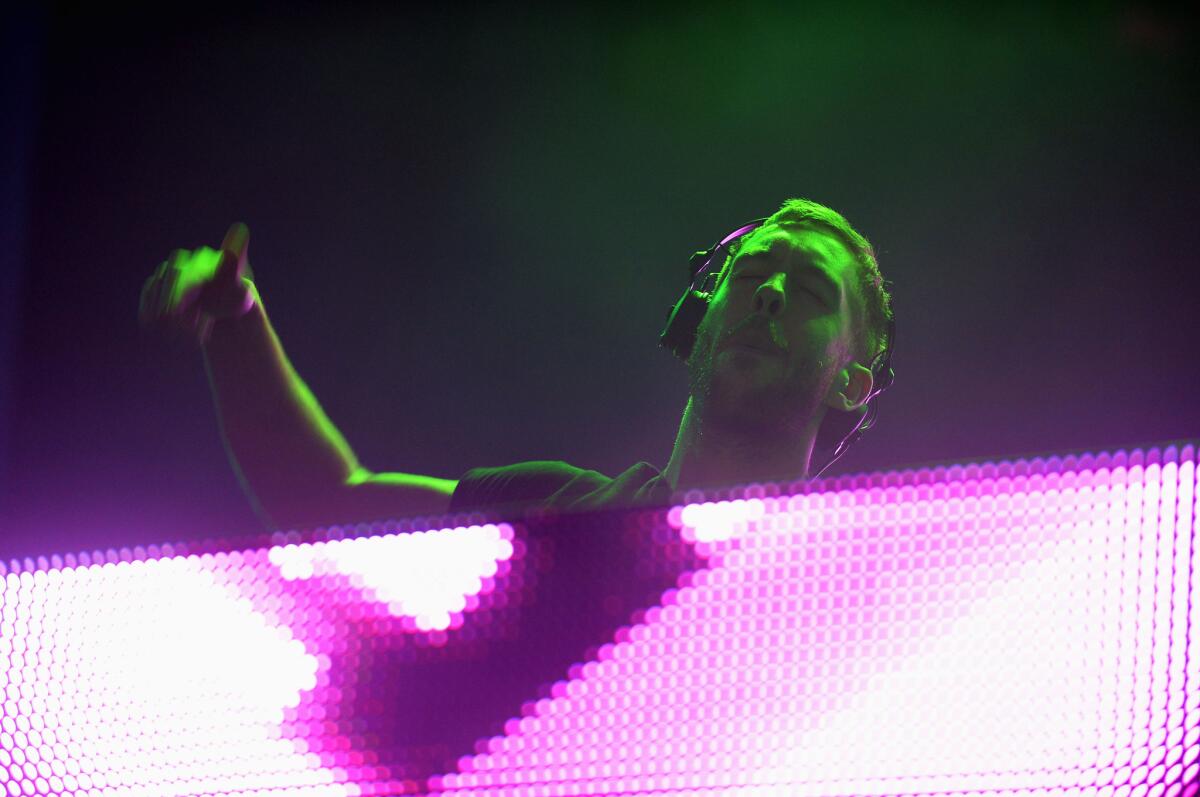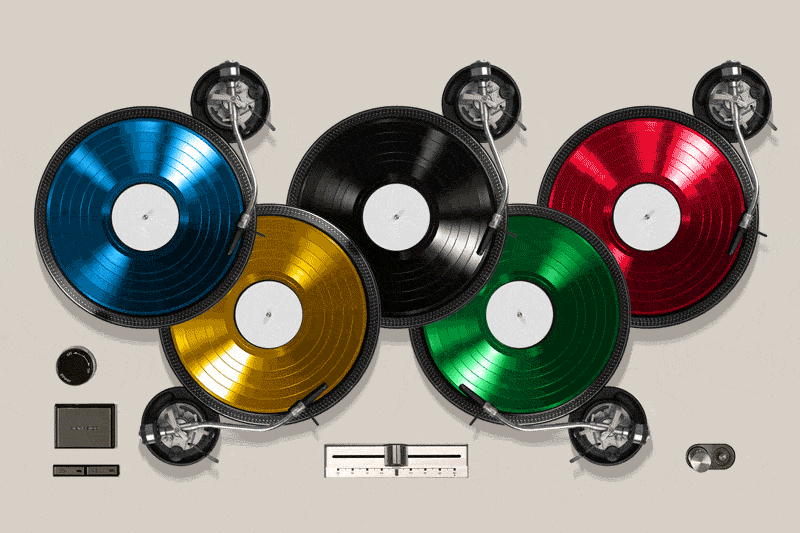New Vegas club After declares war on DJ cliches

One of the big open secrets of contemporary EDM is that many, many DJs just aren’t doing that much onstage.
Whether picking super-obvious mainstream tracks, using oversimplified beat-matching software or even just playing a pre-mixed set and drunkenly fist-pumping, today’s digital-centric DJs have myriad ways to cut corners in the booth. Las Vegas clubs are especially susceptible, with huge easy paychecks for artists playing to tourist crowds who just want to keep the bottles flying.
Over at radio.com, Scott T. Sterling notes that one new Vegas club, After, has posted its house rules for DJs, and it amounts to a provocative 95 Theses for modern EDM venues.
PHOTOS: Musicians’ onstage snafus
While certainly a bit tongue in cheek, After’s rules are essentially a values statement that DJs have to do something to earn their keep up there. The rules range from eminently reasonable house decorum (“Do not place your beverage[s] next to the equipment,” “Do not accept music requests, only drink requests”) to specific tech specs designed to prevent DJs phoning it in (A big rule, posted in slightly more profane terms: “Do not play a pre-mixed set on 1 channel in Ableton”).
The club goes even further in declaring tracks by certain mainstream EDM artists off-limits for DJs. Do not expect to hear any Deadmau5, Avicii or Afrojack between After’s walls. They reserve special, scabrous words for the teenage sensation Martin Garrix (which seems a little gratuitous for a kid, but point taken).
After’s cheeky rules get more troubling, however, when they ban entire genres - trap, hip-hop and dubstep among them.
RELATED: The 10 Commandments of smartphone use during concerts
On one hand, banning T-Pain drops seems like a fair line to draw for a club that sees itself as focused on the underground. But it’s hard to not feel uneasy about a club outright banning two popular genres that arose out of African American music culture.
It’s fine if After wants to keep a focus on underground house and techno, though one would hope their talent buyers have a basic understanding of who they’re booking. Yet in a time when electronic music, rap, dub and R&B are reshifting in so many interesting ways, overtly banning genres just seems passe and grimly orthodox at best. At worst it seems to dog-whistle that certain crowds - or types of people - are unwelcome there.
Would Gesaffelstein be plucked offstage for playing his “Yeezus” tracks there? What about Burial, who arguably popularized dubstep in America but feels worlds away from Skrillex? Would they turn down a set of juke and footwork from DJ Rashad because it culls elements from all three verboten genres?
Who knows? But the point is that clubs setting rules on musical expression is a fraught job. Demanding that your DJs actually perform is one thing. Setting rules on content, though, means you don’t trust who you’re booking, which is a bigger problem for a venue than a lazy DJ.
ALSO:
The times really are a-changin’ for Dylan
Prince appears on ‘New Girl,’ debuts new tune
Super Bowl 2014: Bruno Mars stands -- and delivers -- in halftime show
More to Read
The biggest entertainment stories
Get our big stories about Hollywood, film, television, music, arts, culture and more right in your inbox as soon as they publish.
You may occasionally receive promotional content from the Los Angeles Times.











